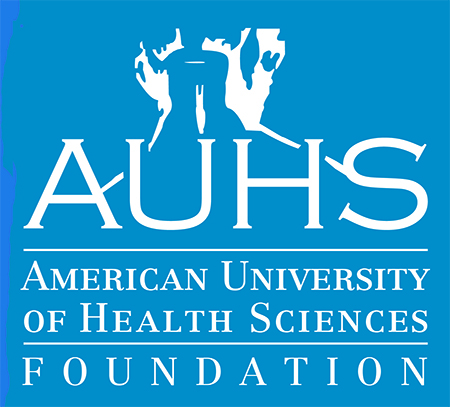Homeless Empowerment Learning Program (H.E.L.P)
Homelessness poses a significant challenge for health care. Despite of the substantial reviews of the link between homelessness and health, little attention has been paid to policy or educational interventions that help promote the health of this population. Many homeless people do not get preventive health care either physically or psychologically as they should, which not only results in serious health problems, but also exacerbates their other social conditions.
Homeless Empowerment Learning Program (HELP) is a health education intervention program developed by the research team of AUHS Foundation. The program intends to improve the health conditions of the homeless by providing them on-going education and training on both physical and mental preventive health care. The improvement in health conditions of the homeless is expected to improve their other social conditions, such as availability of food supplies, drug problems, education, residency, unemployment, crime levels, and etc. The research team will develop and evaluate the effect of the HELP intervention on the improvement of the homeless’ physical and mental healthcare awareness, access and condition. Also, we will evaluate how improvement in health conditions affects the other social conditions of the homeless.
This project is a randomly controlled trial. More than 300 homeless with age of 18 to 70 between 2016 and 2021 in Long Beach area in California will participate. At the beginning of this 5-year study, the researchers has collected baseline data of demographic characteristics, education levels, health and social conditions of the homeless population in the Long Beach area. Then, the participants will be randomly assigned to treatment group and control group prior to the interventions. After one-year of the interventions, the two groups will be assessed of their health and social conditions based on researcher-developed measures and will be tracked for another 4 years. In addition to these data, the researchers will also collect information to tack fidelity of implementation and to conduct a cost analysis of the intervention.
